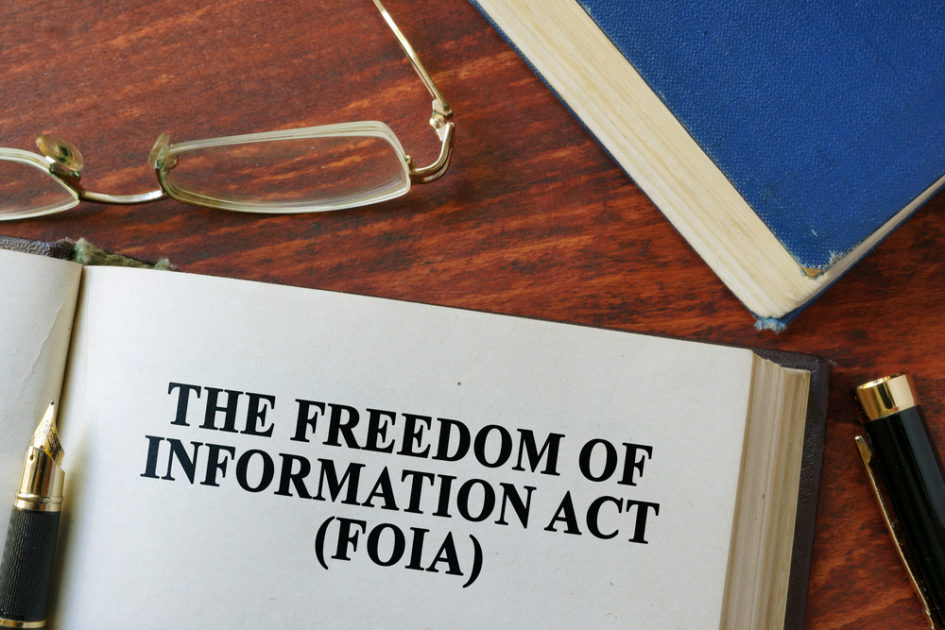On March 14, 2017, the Public Access Counselor (PAC) of the Illinois Attorney General issued its first binding opinion of 2017, PAC Opinion 17-001.
The opinion arises out of a Freedom of Information Act (FOIA) request made to the Illinois State Police (ISP) for a copy of an ISP field report, which was referenced in a copy of a traffic crash report the requestor had previously received. ISP denied the request, asserting that release of the requested record would interfere with a pending law enforcement proceeding. In denying the FOIA request, ISP relied on Section 7(1)(d)(i) of FOIA, which exempts from disclosure records in the possession of a law enforcement agency or for law enforcement purposes to the extent that the disclosure would “interfere with pending or actually and reasonably contemplated law enforcement proceedings conducted by [a] law enforcement agency.” 5 ILCS 140/7(1)(d)(i). As a result of the denial, the requestor filed a Request for Review with the PAC.
In reviewing ISP’s denial, the PAC held that ISP’s response to the FOIA request violated the requirements of FOIA. “All records in the custody or possession of a public body are presumed to be open to inspection or copying. Any public body that asserts that a record is exempt from disclosure has the burden of proving by clear and convincing evidence that it is exempt.” 5 ILCS 140/1.2. The PAC found that ISP failed to prove by clear and convincing evidence that it was exempt from disclosing the ISP field report. It was not enough for ISP to merely recite the statutory language of Section 7(1)(d)(i) of FOIA. ISP was required to provide a “detailed factual basis” as to how disclosure of the ISP field report would interfere with a law enforcement proceeding. The fact that there is an open investigation does not automatically render the records pertaining to an investigation exempt from disclosure under Section 7(1)(d)(i) of FOIA.
While this opinion focuses on a specific exemption under Section 7, Section 9(a) of FOIA requires a public body to provide a detailed factual basis supporting the application of any claimed exemption. As such, public bodies should do more than simply reference a specific exemption in a conclusory fashion, and should instead, when applicable, go a step further and provide specific facts supporting the decision to assert the exemption in question.
If you have any questions about this opinion, please contact one of Tressler’s government attorneys.
